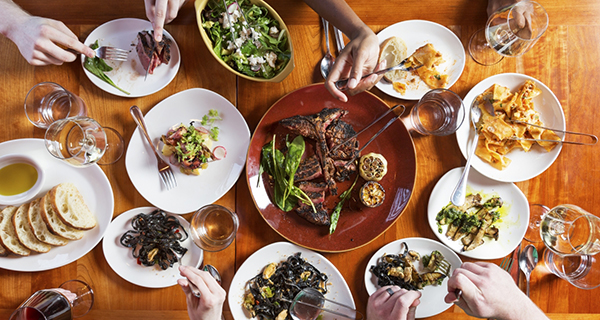
Some call it health enthusiast trend, or healthy eating fashion. However, consumers’ increasing attention about nutrition choices is by now a global issue. And it will probably shake traditional food market to its foundations.
That’s what Global Ingredient and Dining-Out Trends Report results say. This report has been realised by Nielsen studying the habits and opinions of 30.000 people in 63 different countries. Most people, 70% Nielsen interviewees, choose foodstuffs in order to prevent diseases like obesity, diabetes, hypertension and cholesterol. And 68% would pay something more to get healthy food and drinks. The offer is still the problem. Manufacturers don’t always satisfy expectations, and healthy food is often too much expensive. After all, only 45% think supermarket offer to be suitable.
ALLERGIES AND INTOLERANCES – The growing desire for a healthy and well-balanced diet is based on health concern, due to the increasing spread of allergies and food intolerances. Consumers are perfectly aware, given that 36% Nielsen interviewees state they have at least one relative suffering from this kind of disease.
SPECIAL DIETS – According to 64% interviewees, there’s only one thing to do: change our nutrition habits, getting rid of (or at least reducing) harmful food ingredients. Three quarters of global consumers blame artificial flavoring, preservatives and artificial colorants. Long term effects are the most feared. Meanwhile more and more people choose low fat and sugar free food. The number of vegan and vegetarian consumers is increasing, while gluten free diets are popular in India, Mexico and Philippines: 20% people there choose this kind of food.
ITALIAN DATA – When it comes to choosing a special diet, United States consumers are much more easygoing than European people: 50% vs. 44%. French, Spanish and Italian consumers (37% only) proved to be less interested to “unusual” nutrition.
